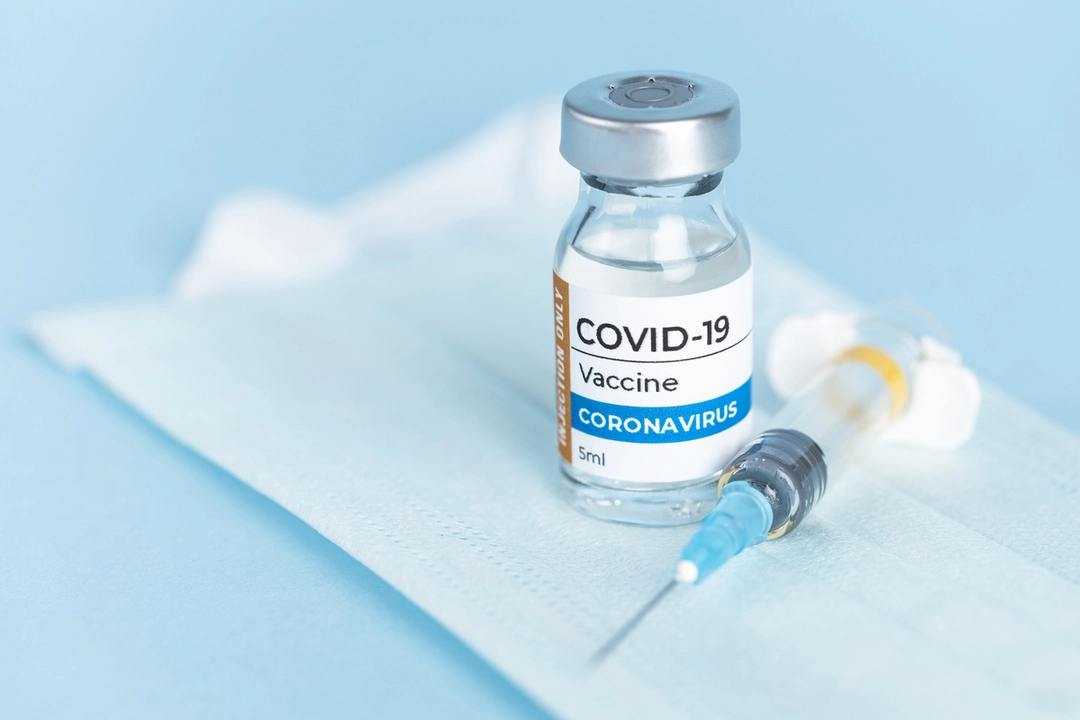Purpose: Why these medications and treatments are used
When you search for a drug or a treatment, what you really want to know is simple: what’s it for and will it work for me? The "purpose" tag gathers articles that answer that exact question. Here you’ll find plain-language explainers on drug uses, who benefits, common side effects, and smart next steps — without the medical fluff.
How to check a drug’s purpose
Start by asking three quick questions: what condition does it treat, how does it help, and how long should it be used? For example, Lasix (furosemide) is mainly used to remove extra fluid, Cozaar (losartan) helps lower blood pressure, and Bactrim treats certain bacterial infections. Our posts break down each medicine’s main goal, what to expect, and red flags to watch for.
Also look for practical details: typical treatment length, common side effects, and major interactions. The Citrus Drug Interactions piece shows how everyday foods can change a drug’s effect. The Lasix and Cozaar articles explain who benefits most and when a doctor should be involved.
When to consider alternatives and safety tips
Sometimes the first choice isn’t right for you. We cover workable alternatives — from Isotroin substitutes for acne to bempedoic acid vs atorvastatin for cholesterol. Each article lists pros and cons so you can compare real options, not vague promises. If fertility drugs or sleep meds aren’t suitable, the alternatives pieces show practical paths forward.
Buying medicines online? Read the safety guides first. Our Zyvox and Vidalista guides show how to spot legit pharmacies, what prescriptions or paperwork you may need, and signs of scams. There’s also coverage of niche suppliers like peptide vendors — the article on buying peptides highlights legality, lab quality, and secure checkout tips.
If you’re managing a long-term condition, the purpose tag helps with everyday choices: when to screen (cholesterol checks), when a drug should be part of rehab (acamprosate for alcohol programs), and when lifestyle or OTC options might be better. The Primatene Mist article explains how some over-the-counter answers differ from prescription inhalers and when to talk to a clinician.
Use these practical steps when reading an article here: 1) Note the main purpose and evidence; 2) Check common side effects and major interactions; 3) Compare alternatives; 4) Follow safe buying and storage advice; 5) Ask a clinician if you’re unsure. Every post on this tag aims to give clear facts you can act on, not guesswork.
Want a quick hit? Browse posts on this page to find focused guides — from antibiotics and heart meds to supplements and online pharmacy tips — all written for people who want straight answers about purpose, safety, and options.

Aluminium hydroxide in vaccines: understanding its purpose and safety
As a blogger, I've recently looked into the role of aluminium hydroxide in vaccines and its safety. This substance is commonly used as an adjuvant to enhance the immune response to a vaccine. It's been thoroughly tested and proven safe for use in vaccines, with minimal side effects. In fact, aluminium hydroxide has been used in vaccines since the 1930s, and a multitude of studies support its safety and effectiveness. In summary, aluminium hydroxide is a crucial component in many vaccines, ensuring their efficacy while maintaining a strong safety profile.
Read More




